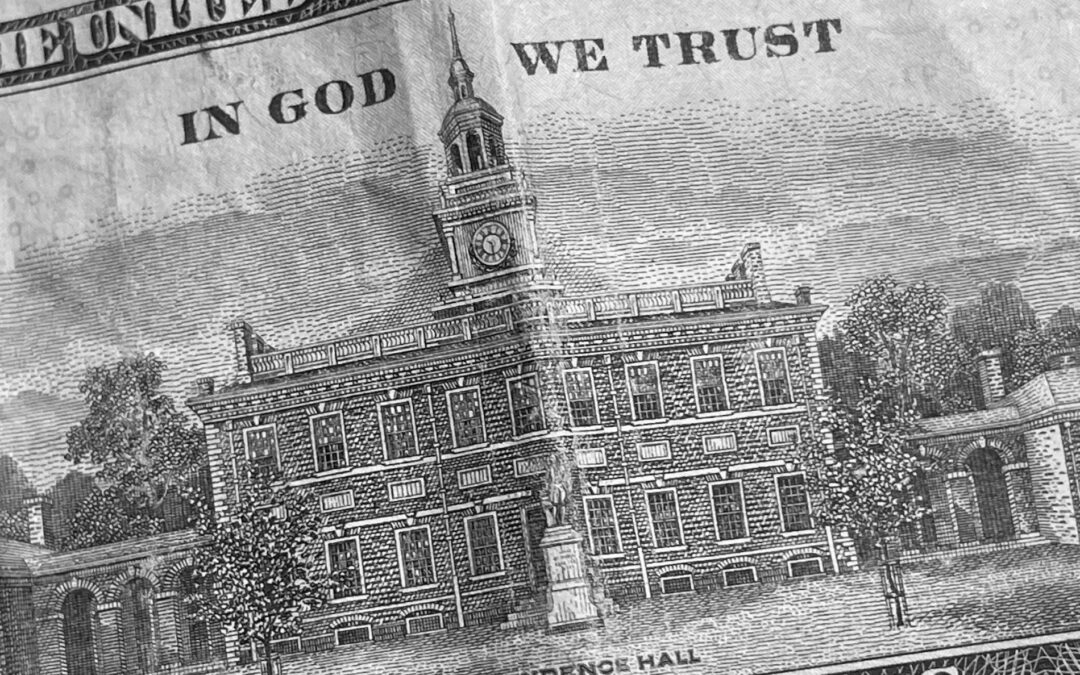I think it’s safe to assume we all regard trust and truth as important, good, and even worth striving for. But why? Maybe your answer is that these concepts are just inherently so. As usual, let’s dig a bit deeper, and also lay groundwork for the following post, which has an impact on our relationships with others—particularly our intimate relationships.
Here’s the link—the important link—for our interactions with others: we rely (all the time) on being able to trust others, strangers, and our most intimate partners.
Looking out the window of a plane, you can see the cars on a highway—hundreds of them—passing each other in opposite directions, all within mere feet of each other. Have you stopped to consider what absurd amount of trust is needed in all of those passing cars and drivers—that not only do they have the proper functioning and ability to stay in their correct lane and path of travel in order to avoid a deadly collision, but also they have the desire to do so?
On the most intimate level, we share with our partners in life our hopes, fears, desires, wishes, doubts, etc.—basically the truth about ourselves (as far as we can tell it). Some of us do this to a higher degree than others—and this is based on the degree to which we have trust in that other person (and trust in ourselves, but let’s not dig that hole).
So is the degree to which we are truthful, may be seen as relying on the degree to which we are trustful – or vice versa?
Jordan Peterson provides a definition of truth that is spirited in Darwinian pragmatism; basically noting that the more something leads to our survival (or its utility to the natural world), the more true it is. This places a large value on survival, perhaps to the degree that there is nothing of greater value. A classic example is money. A banknote has no inherent value (other than the material paper). Its realized value is a shared social “truth” that allows for a complex system of trade and cooperation (I picked this up from Yuval Noah Harari). If people collectively decide that the currency is worthless, the system of trust breaks down with bad consequences. Is it coincidence or conspiracy that the word “Trust” appears on our U.S. currency?
So from this understanding of truth, trust becomes a necessary factor when dealing with others. These concepts of truth/trust play out in a reciprocal pattern. We must trust on a basic level that another person is not out to end our life, and along a trusting continuum that some other person is genuinely interested in our prolonged survival.
But what happens when we don’t have truth or trust, or if there are doubts or a holding back of one or the other?
If we lose trust, truth will surely follow. A lack or lessening of trust causes concern and doubt. This, in turn, causes caution and often second-guessing. At that point, we are no longer at ease with being truthful (nor might we have confidence in what is truthful), and we engage in censoring ourselves. On a conceptual framework, these concerns and doubts undermine truth as a principle, as we can’t be sure of something.
Now, also, if we lose truth, trust seems to follow suit. Perhaps not immediately, and perhaps not with the other person in the trusting relationship. But if we diverge from the truth in our own thought/action/speech, then we also create the space for concern, doubt, and second-guessing. We are no longer free in the relationship. We are now bound to think about and maintain the thing(s) about which we are not truthful. This places a burden on us, one that must be contemplated when interacting with the other person. Filters are added to our thought, speech, and action. We’ve laid a layer of deceit.
Another goofy thing happens to us when we are not truthful: it becomes impossible not to recognize that if we are not being truthful, then perhaps the other person is not being truthful as well.
Ugh! Another layer of concern and doubt, and further behavior change.
Once the base layer of truth is gone, trust cannot be maintained to any meaningful level—it must succumb to the level of the non-truth that has now been established. And with a continual degradation of truth, a reciprocal degradation of trust occurs.
*An additional link I sneaked in above is tying in the concept “freedom.” A way to maintain freedom in high-value relationships is by being truthful, being trustful, being trusting.
So… that is why trust and truth are important, good, and to be striven for.

